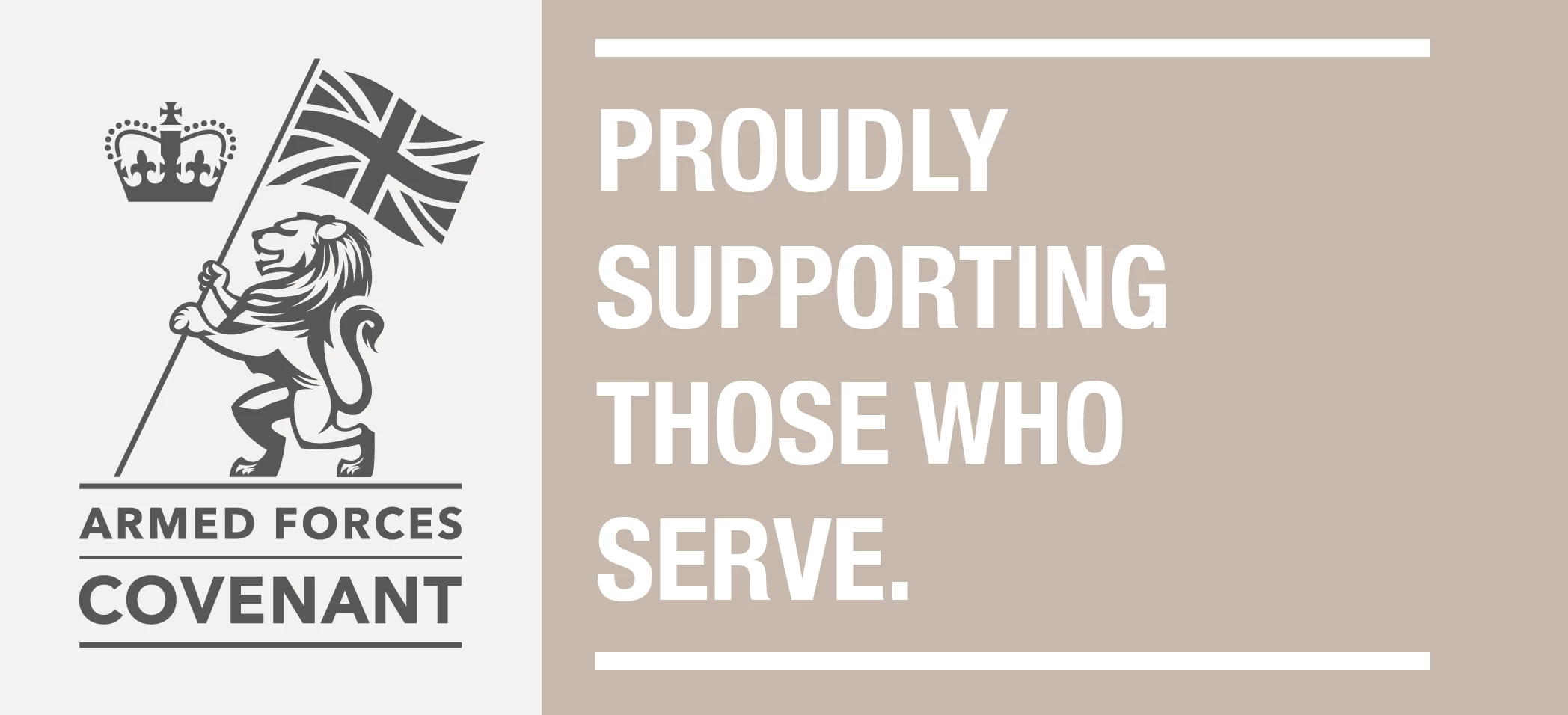Having the guidance, support and insight of someone more experienced can have a transformative effect on your career in forestry and other land-based sectors. We explore the benefits of working with a mentor, and why it can be beneficial even for senior leaders.
What is mentoring?
Mentoring takes many different forms, from informal advice from a friend or colleague when you are struggling with a particular work issue, through to more formal, regular mentoring programmes, where you establish a relationship of trust with an individual. Critically, a mentor is not someone who is there to tell you what to do or even particularly to offer specific advice – a good mentor is someone who can listen, ask good questions and help you clarify your own thinking. They must be someone that you gel with and trust.
So how could having a mentor help you?
Making plans
A mentor should get to know you, your skills and experience and be able to offer a different point of view on your plans and ideas. They will help you make informed decisions about your professional trajectory. Mentors from within the sector or niche you specialise in can provide valuable insights, trends, and market knowledge that may inform your decisions and career strategy.
Big plans take time to implement, and, with the benefit of their own experience, your mentor can help you create a long-term plan. This might include strategic career moves, milestones and goals along the way and what you need to do to achieve them.
Accountability
A mentor can help you define and refine your career goals. They can ask probing questions, and encourage you to set clear, achievable objectives. Your mentor can then help you stay accountable for those goals with regular check-ins to keep you on track and motivated.
Feedback and encouragement
Mentors can offer constructive feedback on work, projects and ideas. As long as you remain open-minded, critiques like this can be insightful and help you to grow and improve. The right mentor can become an amazing source of support and encouragement. They can inspire you to stay focused on your goals and persevere through any setbacks along the way. Mentors can boost your confidence and help you recognise and leverage your strengths.
Building your network
Working with a mentor can also open a new network of professional contacts. Your mentor may be able to introduce you to key people in organisations you aspire to work for, open doors to new opportunities, and advise on effective networking strategies.
Knowledge and skills
You may be aware of the soft or hard skills you need to master, but your mentor can confirm that, or help identify those areas if you’re not so sure. They can give guidance on how to develop those skills or fill any gaps in your experience or knowledge. They may be able to recommend particular courses or training opportunities that can enhance your capabilities. Similarly, they might be able to suggest conferences or events that are relevant to your field and would benefit your learning or networking.
Senior leaders
It is easy to assume that senior leaders can only act as mentors, rather than benefit from having one. But that certainly isn’t the case – from the challenge of building a cohesive team to managing different personalities and bringing out the best in your people, it can be extremely helpful to have impartial observations and feedback from an experienced leader. What’s more, an effective mentor should challenge you in a positive and supportive way, encouraging self-reflection and critical thinking.
Navigating complex problems
Many people in leadership positions can feel a little lonely at times, as they are expected to make decisions and have all the answers, even when facing complex issues, and the opportunities for trusted counsel become more limited the more senior you become. Yet even Chief Executives need to keep learning to cope with the dynamic and volatile world we live in.
If you’re a senior leader, having an impartial mentor can help alleviate this, acting as a trusted sounding board and support system when you face complicated issues that require experience, wisdom and strategic thinking. In these situations a mentor can be a source of reassurance, motivation and wisdom, ultimately enabling you to make informed decisions and navigate even the most formidable challenges. Research conducted by the Harvard Business Review suggests it works, too. In a survey of 45 CEOs who had formal mentoring arrangements, 71 per cent said they were certain company performance had improved as a result.
Summary
No matter where you are in your career, finding a good mentor may make the difference in helping you achieve your goals. Whether you are establishing yourself in the industry, or an experienced manager leading a major organisation, having a trusted mentor could be the thing that helps you achieve your personal goals and, in turn, improves the performance of your organisation.
If you’re ambitious for the future then contact us to find out how we can help you realise your career goals.



